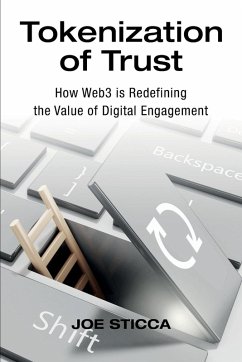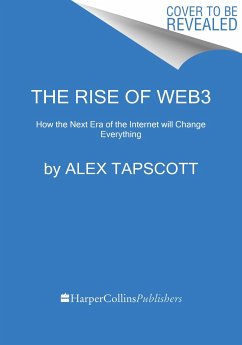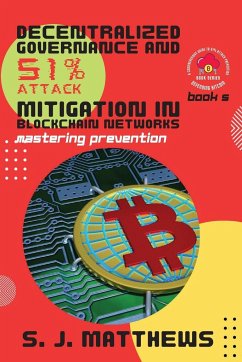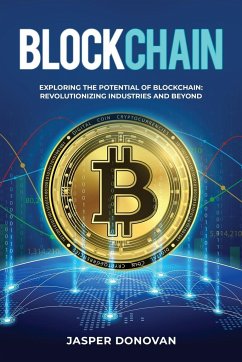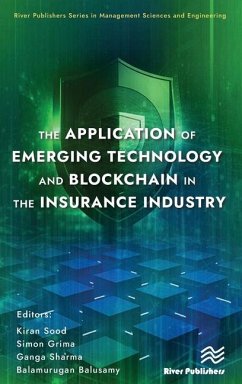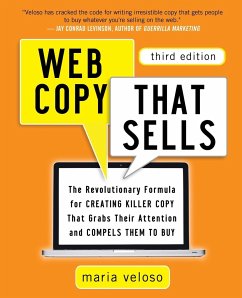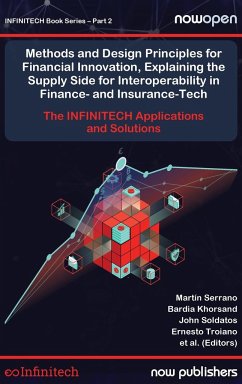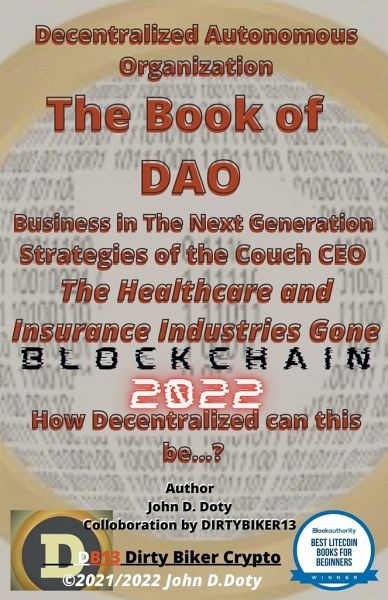
Decentralized Autonomous Organization The Book of DAO Business in the Next Generation Strategies of the Couch CEO The Healthcare and Insurance Industries Gone Blockchain 2022

PAYBACK Punkte
9 °P sammeln!
Many American retail companies that have experienced outbreaks of foodborne diseases and subsequent food recalls have implemented blockchain technology within their food supply chains. A food item's provenance can now be identified in a few seconds when it used to take at least seven days to trace a single product. Thus, blockchain solutions make the recall process more rapid, efficient and cost-effective. Customers have also witnessed the implementation of blockchain technology in hypermarkets. For instance, in Walmart's Chinese stores, customers can scan the QR code to obtain comprehensive p...
Many American retail companies that have experienced outbreaks of foodborne diseases and subsequent food recalls have implemented blockchain technology within their food supply chains. A food item's provenance can now be identified in a few seconds when it used to take at least seven days to trace a single product. Thus, blockchain solutions make the recall process more rapid, efficient and cost-effective. Customers have also witnessed the implementation of blockchain technology in hypermarkets. For instance, in Walmart's Chinese stores, customers can scan the QR code to obtain comprehensive product information, from the farm's location to the inspection certificates. In healthcare, blockchain-based solutions have emerged as a highly secure and transparent method of storing electronic health records (EHR). Both physicians and patients are authorized to access and utilize medical records. Likewise, blockchain systems are enabled by smart contracts that enable the protection of EHR data privacy. In addition to encrypting healthcare device data and clinical research, insurance can also be executed and saved. Controlling the supply chain for prescription drugs and medical equipment is a second use case.





